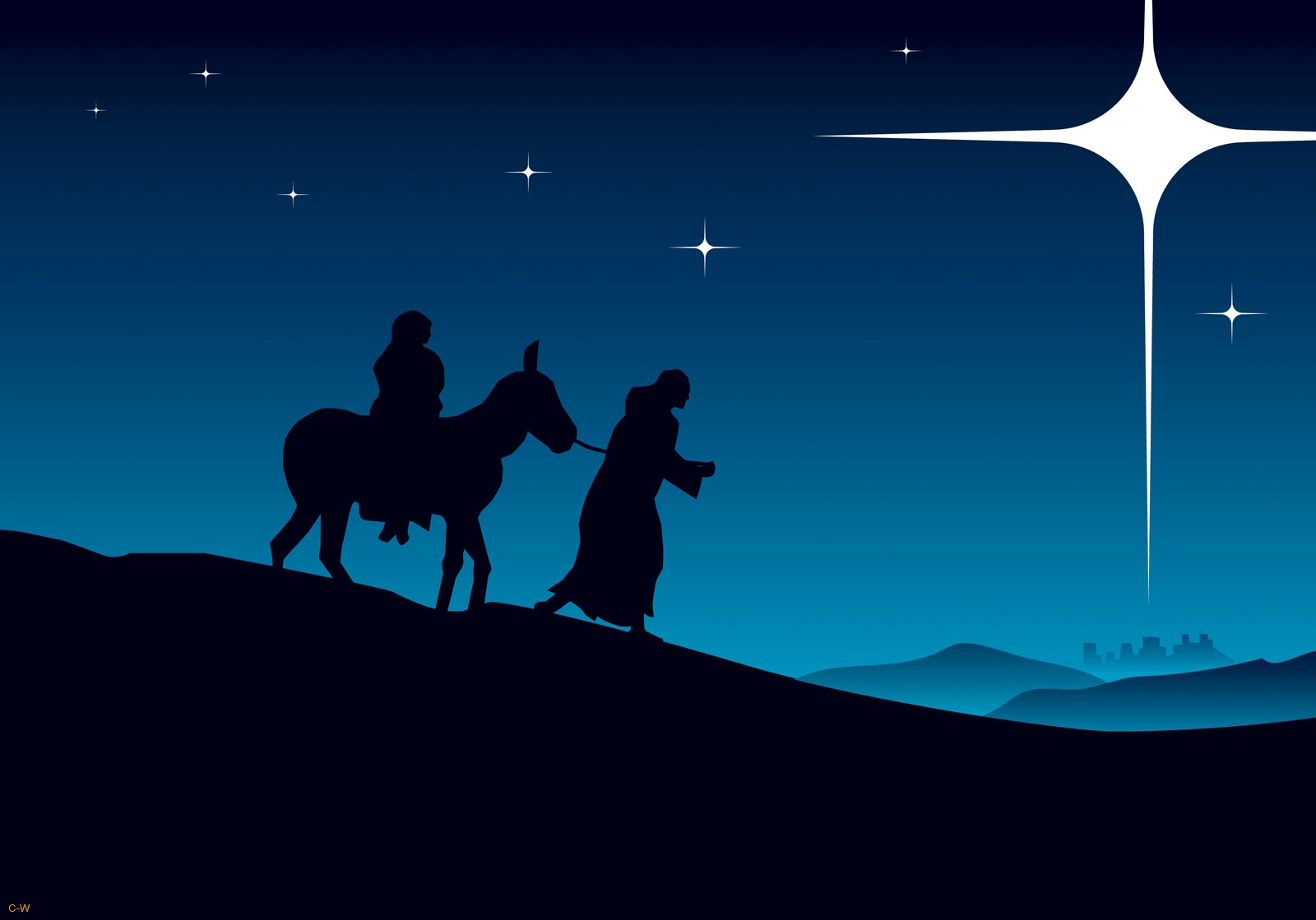Sermon given by Revd Sue McCoan 17th November 2024
Psalm 16
Mark 13:1-8
The Temple at the time of Jesus was a magnificent sight. It was almost new – the structural rebuilding, by Herod the Great, had only been finished 40 or so years earlier, and they were still working on some of the decoration. It was vast – Herod had doubled the size of the Temple Mount, the huge platform on which the Temple buildings stood, and had rebuilt all the courtyards as well as the main structure. And it was shiny – the historian Josephus records that the entire façade of the main building was covered in gold plates, with other walls freshly whitewashed every year so that they were always pristine. When the sun rose, the combined effect was nearly blinding. It was meant to impress.
It certainly impressed the disciples of Jesus, some of whom might well never have been to Jerusalem before. Imagine coming from rural Galilee, where the biggest building was probably the local synagogue, a fairly modest meeting hall, and coming into this busy and bustling city. Imagine approaching the Temple from the south, as most people did, and seeing, in front of you, a set of wide stone steps; imagine climbing those steps and emerging onto the wide open plaza of the Temple Mount. Straight ahead would be the Double Gate, leading to the court of the Gentiles, beyond that the court of the Israelites, and towering above them all this enormous, gleaming building – a building that you believed was the very dwelling place of God.
Wow.
None of the upper structure is still standing. But it is possible to see some of the foundation stones, and they are indeed massive.
No wonder the disciples are impressed. They have literally never seen anything like this. This is amazing, Jesus.
Imagine that sense of wonder. Then imagine how it would feel to hear Jesus say, it will all be destroyed. No, surely not! These buildings will last for ever!
By the time Mark was writing his gospel, the Romans had put down a revolt in Jerusalem, destroying the city and the Temple with it. Not one stone was left upon another. Mark may have included this passage to help people deal with the horror of that time. Maybe Jesus was looking ahead to that time; or maybe he was talking about something more immediate. He knew, for sure, that the authorities would kill him sooner or later; we hear in the accounts of his death that the veil of the Temple, the curtain that separated of the Holy of Holies, was torn in two. Maybe Jesus is not just talking about the physical destruction of the Temple, but also about the ending of the place of the Temple in religious life. They will no longer need the Temple sacrifices because Jesus is the sacrifice himself.
Whatever Jesus had in mind, he is talking about a major change to the way the world has been. And the disciples are, understandably, frightened by the thought. When will it happen? How will we know? Face with the prospect of massive uncertainty, they are looking for something certain that they can cling to.
But Jesus doesn’t give them certainty. In fact quite the reverse – be wary of people who claim to have the answers, who claim to be the messiah. He goes on, in the rest of chapter 13, to describe some of the signs but ends by saying, nobody knows the date and time. So don’t waste effort trying to work it out; what you need to do is to learn how to live with the uncertainty.
We are living in times of uncertainty now. Just this week, we have had the resignation of Justin Welby as the Archbishop of Canterbury over his failure to deal with a safeguarding issue; we have had president-elect Donald Trump appointing to key positions people he knows will say yes to him, and vowing to do the same throughout the whole civil service; and we have had the COP29 climate talks in Azerbaijan with the frightening message that we are already hovering round 1.5 degrees of global warming, the figure the Paris agreement set as a target for the end of this century. We don’t have a temple to be destroyed, but these events are rocking the foundations of our world: of the Anglican Church worldwide, of western democracy as we know it which depends on checks and balances, and of the very planet on which we live.
In case we think we are not Anglicans and their issues are not our concern – safeguarding is everyone’s concern, and most people outside the church do not distinguish between denominations. This week, as it happens, is designated Safeguarding Week, and today Safeguarding Sunday, and I’m glad to say that the Church of England, like the URC and most others, now takes safeguarding very seriously. But the search for a new Archbishop may well open up other divisions within the Anglican church and that could bring much pain and difficulty. We will hold this in our prayers.
In these uncertain times, there is a temptation to look towards someone who seems to be strong, even if there is little substance behind their words. People with dangerously racist or misogynistic views have huge followings; populist leaders speak of making the country great, offering prosperity without any details of how that might be provided. These people are dangerously attractive, especially to those who have otherwise felt ignored and overlooked.
But this is the very time not to be led astray by the power of strong men, by those who claim to have simple answers to complex problems. This is the time to go back to the words of Jesus and to take heart.
We take heart, first, because Jesus knows what we are facing. The times he lived in were every bit as dangerous as ours. The Roman Empire was ruthless in the way it operated, keeping peace only by stamping out all opposition. The Jewish people were living under Roman occupation; one reason the religious leaders were so stuffy towards Jesus was that they were responsible for keeping order among their people and Jesus was threatening to disrupt all that. As in so many ways, Jesus has been there before us and knows what our life is like.
We take heart, second, because we have a job to do. Jesus tells his disciples to keep steady because he knows that when he is killed his whole mission depends on them. They need to hold their nerve, despite opposition of all kinds, because the gospel needs to be preached to all the nations. As disciples of Jesus today we have to spread the gospel to those around us – not by preaching certainties of our own to compete with the certainties of others, nor by saying ‘my truth is better than your truth’ because that won’t wash – but by owning the fact that we don’t have all the answers, that we are not a perfect image of Christ, and that in our weakness we can walk alongside others who are struggling and be good news to them.
And we take heart, third, because we have a God who loves us and who will not let us go. Psalm 16, our first reading, starts by calling on God for protection. This is written by someone who is facing troubles, who perhaps feels pretty scared, and who deals with the fears by affirming what he knows – which is that he can trust in God. ‘You are my Lord; I have no good apart from you’. And as the psalm goes on, it builds in strength: ‘I bless the Lord who gives me counsel; in the night also my heart instructs me. I keep the Lord always before me; because he is at my right hand I shall not be moved. ‘
So we keep watching. We keep on the alert. We keep watching for false prophets and fake Messiahs. We keep watching the news, even though it is often deeply disturbing. We keep watching for human rights abuses; we keep watching for people to whom we could offer some comfort or hope. Above all, in these dark times, in this run-up to Advent, we keep watching Jesus, keep our eyes fixed on him, and know that he is with us always. Even to the end of time.
In these uncertain times, Jesus is the certainty on which we can all rely.
Thanks be to God.
Amen.





